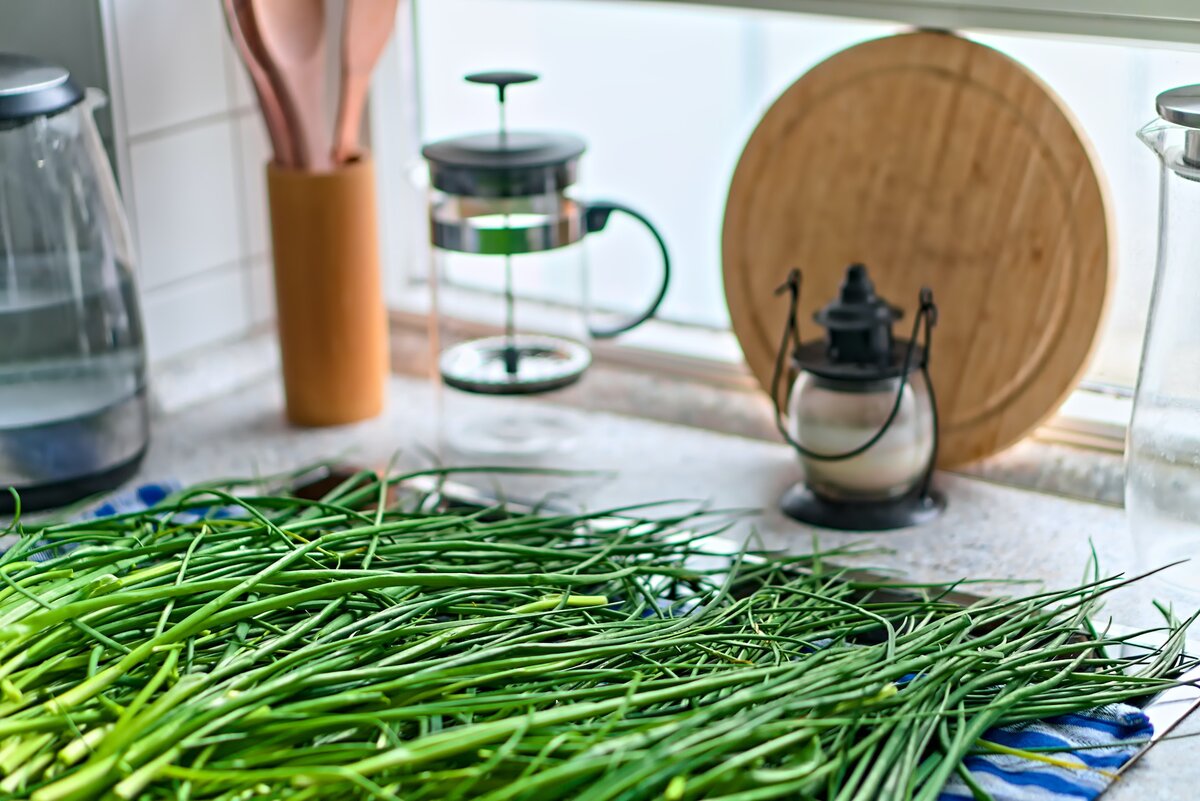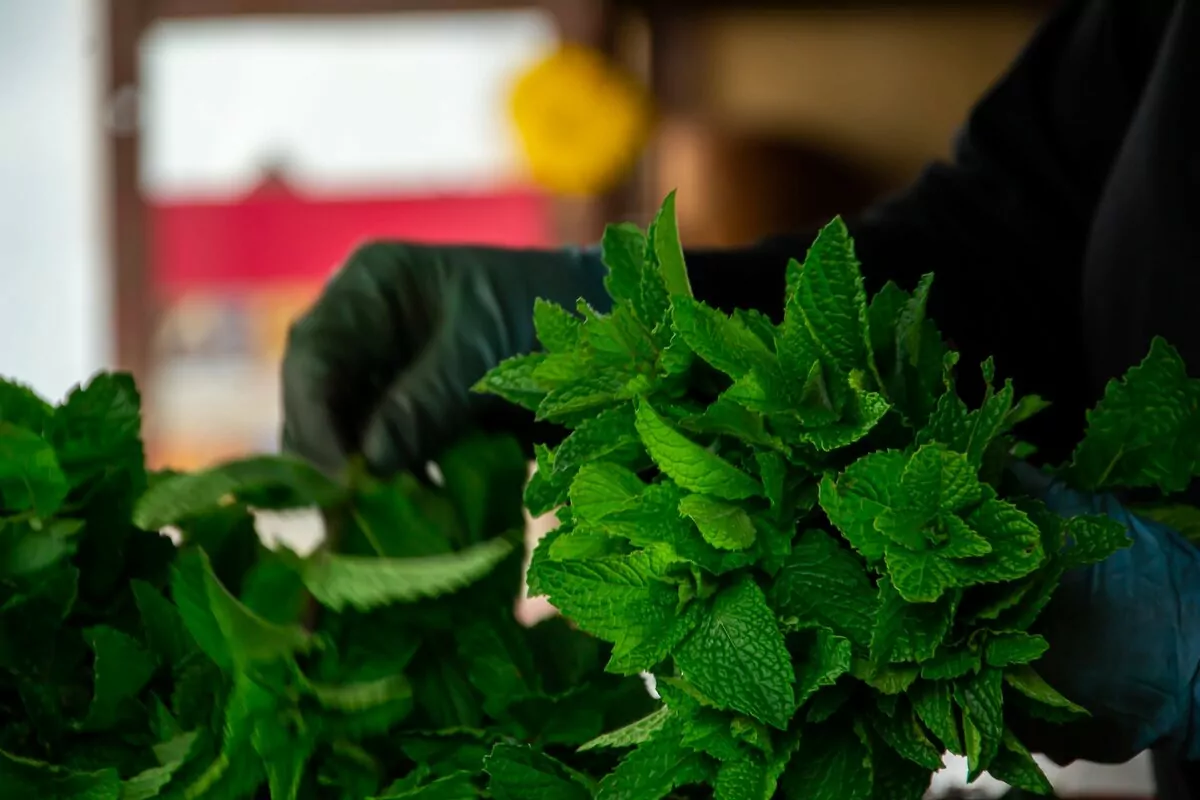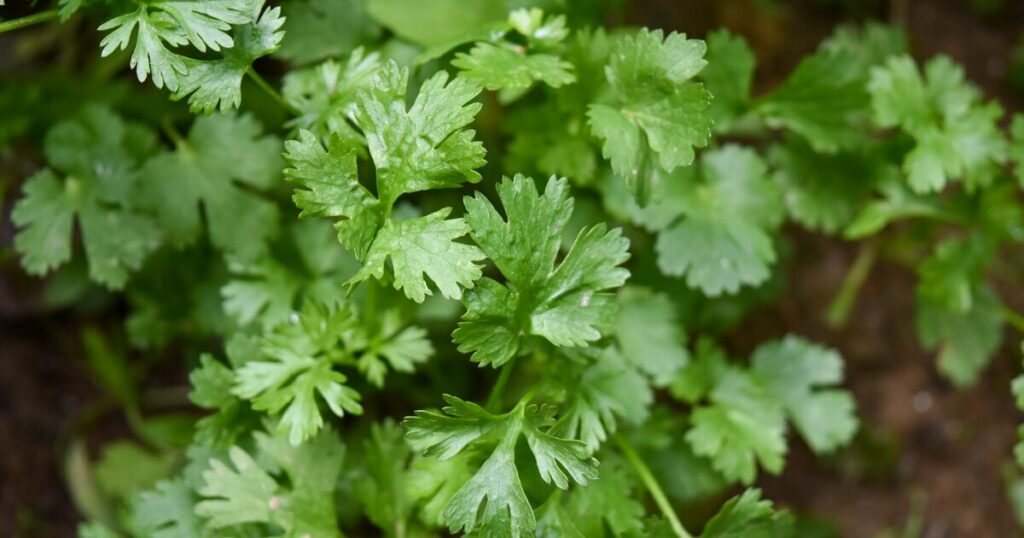Magnesium is a silent guardian, a mineral powerhouse, essential for over 300 biochemical reactions in your body. But where can you find it beyond the usual suspects like nuts and leafy greens? The answer lies in the green whispers of nature – herbs. Often overlooked, these aromatic plants, or herbs high in magnesium, are not just for flavor; they’re ready to transform your health in a sprinkle or a brew. Let’s explore how these unassuming herbs can be your dietary allies, offering a wealth of this vital nutrient in every fragrant leaf and stem.
On this page:
The Crucial Role of Magnesium in Your Health
Magnesium is essential for your bones, benefiting from its partnership with calcium to help form and maintain strong bones and teeth. Beyond that, magnesium is a big player in energy production, converting food into energy to fuel your cells.
Your muscles and nerves also rely on herbs high in magnesium. It helps regulate muscle contractions – like the heartbeat – and ensures your nerves send messages smoothly. Moreover, magnesium assists in regulating your blood sugar levels, supporting your body in managing insulin and keeping blood glucose levels in check. This is particularly important for preventing or managing type 2 diabetes.
One of magnesium’s lesser-known but vital roles is in synthesizing DNA and RNA, your body’s genetic building blocks. This means that for cell creation and repair, magnesium is a must-have. It also contributes to the proper function of neurotransmitters, which transmit brain signals, playing a role in mood regulation and potentially impacting conditions like depression and anxiety.
Furthermore, magnesium is involved in maintaining a healthy immune system. It supports the body’s fight against inflammation and helps ward off infections.
When you don’t get enough magnesium, things can go awry. A deficiency in herbs high in magnesium can lead to muscle cramps, mental disorders, chronic fatigue, and even osteoporosis. Getting enough magnesium can be a game-changer, helping to alleviate premenstrual symptoms and migraine headaches for some people.
In short, magnesium is a key mineral that supports a wide range of functions in the body, from bone health to brain function, making it a critical component of your overall well-being.
Top Herbs High in Magnesium to Enhance Your Diet
When it comes to boosting your intake with herbs high in magnesium, there are several key players you’ll want to include in your diet. These herbs not only pack a punch in terms of magnesium content but also bring a wealth of flavor and health benefits.
First on the list is chives. This delicate herb, often used as a garnish, is one of the herbs high in magnesium, containing about 42 milligrams per 100 grams. That’s a significant boost, especially when you consider how easy it is to sprinkle chives onto a baked potato, stir them into a creamy dip or mix them into a fresh salad.

Another herb that’s surprisingly one of the herbs high in magnesium is coriander, also known as cilantro. Just a 100-gram serving of coriander leaves can supply you with nearly 26 milligrams of magnesium. Coriander is a staple in many cuisines worldwide, so whether you’re whipping up a batch of guacamole or garnishing a Thai curry, you’re also enhancing your magnesium intake.
Dill weed, with its unique flavor profile, is another of the herbs high in magnesium. Offering around 55 milligrams of magnesium per 100 grams, dill can be a great addition to fish dishes, potato salads, and pickles, giving you a magnesium boost along with its distinctive taste.
Basil, one of the herbs high in magnesium, should not be overlooked, either. This aromatic herb, central to Italian cuisine and an essential component of pesto, provides approximately 64 milligrams of magnesium per 100 grams. It’s a flavorful way to enhance pasta dishes, sandwiches, and even fresh salads.
Lastly, tarragon, which brings a bittersweet, peppery flavor to the table, is one of the herbs high in magnesium, with about 50 milligrams per 100 grams. It’s perfect for seasoning chicken, fish, or infused vinegars.
Integrating Herbs with Magnesium into Your Daily Meals
Start your morning off with a smoothie by blending fresh spinach—a magnesium superstar—alongside fruits like bananas and avocados for a nutrient-packed beverage. For an added boost, sprinkle in some chia seeds or flaxseeds, two seeds that are not herbs but complement the magnesium intake.
At lunch, consider tossing a salad with baby kale, another fantastic source of magnesium. Boost the flavor and magnesium content further by adding chopped basil or coriander. Herbs high in magnesium not only pack a punch in terms of nutrient content but also bring a fresh, vibrant taste to any dish.
When it comes to cooking, herbs like dill and thyme can be your best friends. Mix these herbs into your marinades for proteins or blend them into sauces and dressings. Herbs with magnesium like dill go great with fish and potatoes, while thyme can enhance the taste of chicken and soups.
Snack time doesn’t have to be a magnesium-free zone. You can roast pumpkin seeds or sunflower seeds, which are high in magnesium, and mix them with dried herbs like oregano or parsley for a savory treat. This combination is not only satisfying but also helps you sneak more magnesium into your diet between meals.
Finally, dinner is the perfect time to bring a variety of herbs into your meal. Infuse your rice or quinoa with cilantro or mint for a unique twist. Magnesium rich herbs not only add a pop of flavor but also contribute to your daily intake of this essential mineral.

By being mindful of the herbs you use in your smoothies, salads, main courses, and snacks, you can ensure that you’re boosting your magnesium intake throughout the day. The key is to be creative and intentional with your herbs, letting them enhance both the flavor of your food and your nutritional health.
How Much Magnesium Do You Really Need?
Understanding the right amount of magnesium your body needs is key to maintaining your health. Your age and sex are important factors in determining the ideal intake. For adult men aged 19-30, consuming herbs high in magnesium is beneficial as the Recommended Dietary Allowance (RDA) is 400 milligrams per day, increasing to 420 milligrams daily for those 31 and older. Women aged 19-30 should aim for 310 milligrams, and after turning 31, they should increase their intake to 320 milligrams a day.
If you’re pregnant or breastfeeding, your body’s requirement for magnesium goes up. Pregnant women need between 350 and 360 milligrams, while breastfeeding women require 310 to 320 milligrams, depending on their age.
It’s also worth noting that while these figures represent the RDA, each person’s body might need different amounts of magnesium. Factors such as individual health conditions, medication use, and dietary habits can influence the exact amount you need. If you’re concerned about your magnesium levels, it’s always a good idea to consult with a healthcare professional who can give advice tailored to your personal health.
Remember, getting your magnesium naturally from foods like herbs is a smart choice. This way, you’re likely to enjoy a host of other beneficial nutrients that come along with a well-rounded diet. Keep in mind that overdoing it with magnesium supplements can lead to adverse effects, so stick to the RDA and focus on a balanced diet to meet your nutritional needs.
Maximizing Benefits: Tips for Absorbing More Magnesium
To truly reap the advantages of magnesium in herbs, it’s essential to optimize its absorption. Here are some tips to help your body absorb more from herbs high in magnesium:
- Balance Minerals: Magnesium works in harmony with other minerals, especially calcium, potassium, and vitamin D. Maintain a balanced diet to prevent an excess of one mineral from hindering magnesium absorption.
- Mind Your Meals: Pairing magnesium-rich herbs with foods high in fiber can slow down the digestive process and enhance absorption. However, large amounts of fiber can also bind to magnesium, so balance is key.
- Limit Certain Substances: Some substances can interfere with magnesium absorption. Try to reduce your intake of sodas, caffeine, and excessive alcohol, as they can decrease magnesium levels.
- Cook Smart: Overcooking herbs and other magnesium-rich foods can deplete their nutrient content. Opt for steaming or blanching to retain magnesium.
- Manage Stress: Stress can deplete magnesium levels in the body. Engage in stress-reduction activities like yoga or meditation to maintain magnesium levels.
- Enhance Gut Health: A healthy gut is crucial for absorbing magnesium. Include probiotic-rich foods like yogurt or kefir in your diet to support gut health.
- Supplement Wisely: If you’re considering magnesium supplements, choose those that are easily absorbable, such as magnesium citrate, glycinate, or chloride.
By following these tips, you’ll improve your body’s ability to absorb magnesium, ensuring you get the full spectrum of benefits from your magnesium-rich herbs.
Transforming Your Health with Magnesium Rich Herbs
Incorporating magnesium-rich herbs into your diet is more than just a trend—it’s a lifestyle choice that can significantly boost your health. By understanding the critical role magnesium plays in your body and incorporating herbs high in magnesium like chard, coriander, and dill to your meals, you are taking decisive steps towards better health. Remember, it’s not just about the quantity of magnesium but also how well your body absorbs it. So, follow our tips for maximizing magnesium absorption to truly transform your health. Let these herbs be more than just flavor enhancers; let them be the guardians of your well-being. Embrace the power of nature’s bounty, and you’ll likely see a positive shift in your health journey.



